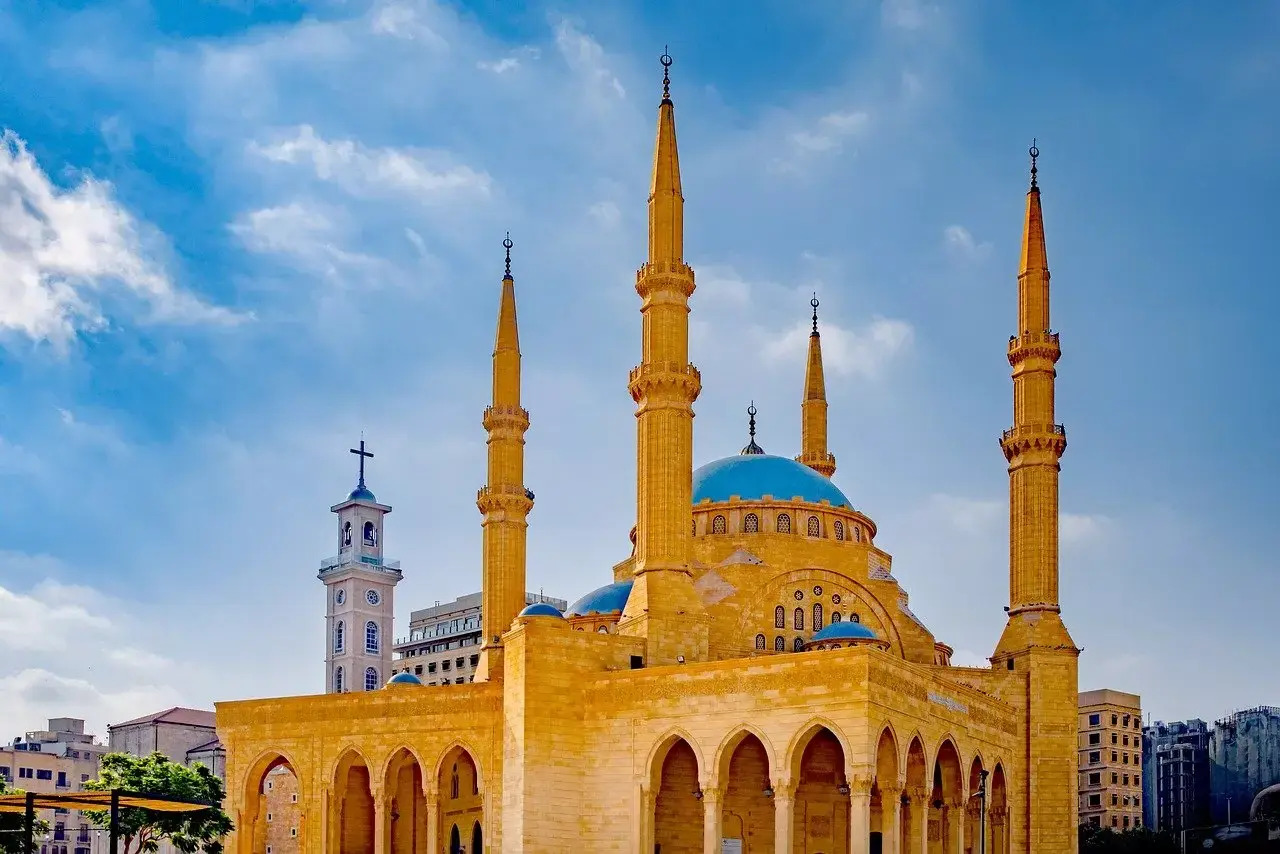
Lebanon, a small yet vibrant country in the Middle East, is packed with history, culture, and natural beauty. Did you know that Lebanon is home to the ancient city of Byblos, one of the oldest continuously inhabited cities in the world? This country boasts a rich tapestry of influences from various civilizations, including the Phoenicians, Romans, and Ottomans. With its stunning Mediterranean coastline, majestic mountains, and bustling cities, Lebanon offers a unique blend of experiences. From savoring delicious Lebanese cuisine to exploring ancient ruins, there's something for everyone. Curious about what makes Lebanon so special? Let's dive into 25 fascinating facts about this captivating nation!
Key Takeaways:
- Lebanon, a diverse country in the Middle East, is known for its stunning landscapes, rich history, and delicious cuisine. From the famous Cedar trees to the vibrant culture, Lebanon has something for everyone to explore and enjoy.
- With no deserts, a rich tradition of poetry, and renowned cuisine, Lebanon is a unique and vibrant country. Its diverse society and resilient culture make it a fascinating place to visit and learn about.
Geography and Nature
Lebanon, a small yet diverse country in the Middle East, boasts a rich tapestry of landscapes. From its stunning coastline to its majestic mountains, Lebanon offers a unique blend of natural beauty.
- Lebanon is one of the few countries in the Middle East that has no desert.
- The country is home to the famous Cedar trees, which are a national symbol and appear on the Lebanese flag.
- Lebanon's coastline stretches for about 225 kilometers along the Mediterranean Sea.
- The Qadisha Valley, a UNESCO World Heritage site, is known for its deep gorges and ancient monasteries.
- The Bekaa Valley is one of the most fertile regions in the Middle East, producing a variety of crops and wines.
History and Culture
Lebanon's history is as rich as its landscapes. With ancient cities and a vibrant culture, Lebanon has much to offer.
- Byblos, one of the oldest continuously inhabited cities in the world, is located in Lebanon.
- The Phoenicians, an ancient civilization known for their seafaring and trade, originated from the region now known as Lebanon.
- Baalbek, another UNESCO World Heritage site, features some of the best-preserved Roman temples.
- Lebanon has a rich tradition of poetry and literature, with many famous poets like Khalil Gibran hailing from the country.
- The country celebrates a variety of festivals, including the Beirut International Film Festival and the Byblos International Festival.
Food and Cuisine
Lebanese cuisine is renowned for its flavors and variety. From mezze to desserts, the food is a reflection of the country's diverse culture.
- Hummus, a popular Middle Eastern dip, is a staple in Lebanese cuisine.
- Tabbouleh, a salad made with parsley, tomatoes, and bulgur, is another traditional dish.
- Kibbeh, often considered the national dish, consists of ground meat, bulgur, and spices.
- Manakish, a type of flatbread topped with za'atar, cheese, or meat, is a common breakfast item.
- Lebanese desserts like Baklava and Knafeh are famous for their sweetness and rich flavors.
Economy and Innovation
Despite its small size, Lebanon has made significant contributions to various fields, including finance, technology, and education.
- Beirut, the capital city, is often referred to as the "Paris of the Middle East" due to its vibrant culture and nightlife.
- Lebanon has a highly educated population, with a literacy rate of over 90%.
- The country is known for its banking sector, which has historically been a major part of its economy.
- Lebanon is a pioneer in the Middle East for fashion and design, with many Lebanese designers gaining international fame.
- The American University of Beirut is one of the leading universities in the region, known for its research and academic programs.
Society and Demographics
Lebanon's society is a mosaic of different religious and ethnic groups, making it one of the most diverse countries in the Middle East.
- Lebanon recognizes 18 different religious sects, including various Christian and Muslim denominations.
- The country has a significant diaspora, with millions of Lebanese living abroad, particularly in the Americas, Europe, and Africa.
- Lebanon has a relatively young population, with a median age of around 30 years.
- The country has a high rate of urbanization, with about 87% of the population living in cities.
- Despite its challenges, Lebanon is known for its hospitality and resilience, with a culture that values family and community.
Lebanon's Rich Tapestry
Lebanon's history, culture, and natural beauty make it a fascinating place. From ancient ruins to bustling cities, there's always something new to learn. The country's diverse population adds to its vibrant culture, blending traditions from various backgrounds. Lebanese cuisine, known for its rich flavors, is a treat for food lovers. The country's landscapes, from mountains to beaches, offer stunning views and outdoor adventures.
Lebanon's challenges, including political instability and economic struggles, can't be ignored. However, the resilience and spirit of its people shine through. They continue to celebrate their heritage and work towards a brighter future.
Whether you're interested in history, culture, food, or nature, Lebanon has something to offer. It's a country that leaves a lasting impression on those who visit or learn about it. Dive into Lebanon's story, and you'll find a place full of surprises and wonders.
Frequently Asked Questions
Was this page helpful?
Our commitment to delivering trustworthy and engaging content is at the heart of what we do. Each fact on our site is contributed by real users like you, bringing a wealth of diverse insights and information. To ensure the highest standards of accuracy and reliability, our dedicated editors meticulously review each submission. This process guarantees that the facts we share are not only fascinating but also credible. Trust in our commitment to quality and authenticity as you explore and learn with us.


